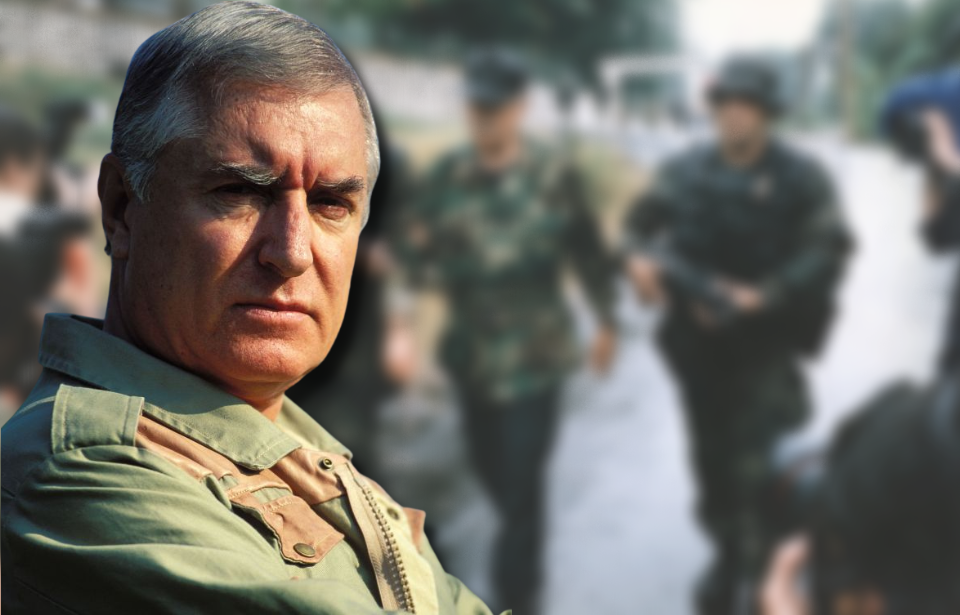To many, Bob Denard may not be a familiar name. However, those with knowledge of 20th-century mercenary activity know him as the Frenchman who staged numerous coups within the African nation of Comoros. His unorthodox military actions resulted in the death of countless individuals over the course of his career, and he was standing trial for them upon his death in 2007.
Bob Denard was a military man unhappy with civilian life
The son of a non-commissioned officer with the French Colonial Army, Bob Denard himself served in Vietnam and with the Moroccan police. Upon finishing his military service, he found himself struggling with the idle nature of civilian life.
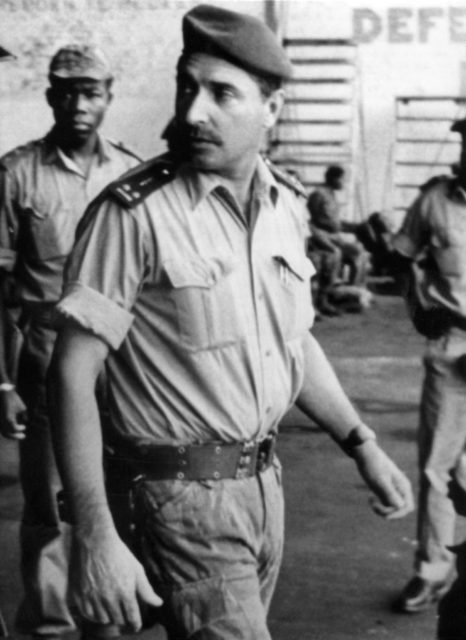
In 1961, he was drawn into the conflict in the Belgian Congo – present-day Democratic Republic of the Congo – and traveled to the region to train mercenary-supported troops from the Katanga region. Denard fled when the uprising failed. He returned in late 1965 to fight alongside Mobutu Sese Seko, a former opponent of the Katanga regime.
Following the money, Denard switched sides and joined Belgian fighter Jacques Schramme in trying to overthrow Mobutu. The coup failed after the group ran into North Korean troops who were visiting the area from Pyongyang. Despite sustaining an injury to the head that left him temporarily paralyzed, Denard was able to flee the country.
First Comoros coup
Bob Denard wouldn’t attempt another coup until January 1976, this time on the island nation of Comoros. Saïd Mohamed Jaffar had overthrown the country’s president, Ahmed Abdullah Abderrahmane, in 1975. Denard came at the start of the new year to overthrow him – not on behalf of Abdullah, but that of a man named Ali Soilih.
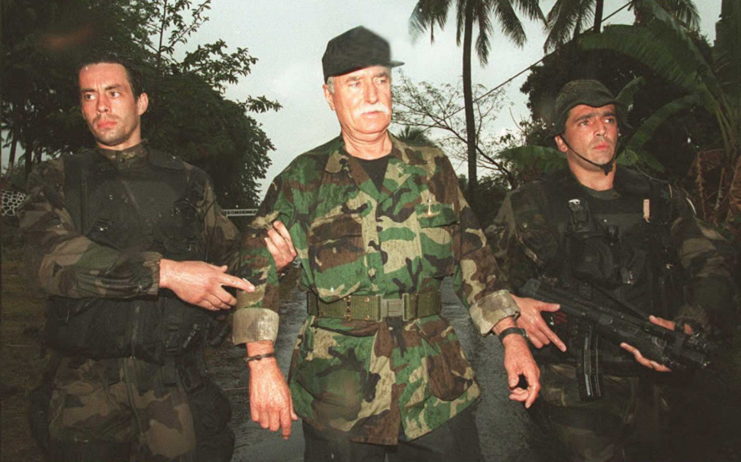
Soilih offered Denard $15,000 to help him raise a mutiny against Abdullah, aware the former leader would attempt to overthrow him once he came to power. With fellow mercenaries from France and Gabon, Denard purchased weapons and supplies and laid siege upon Abdullah, who sought refuge in Paris.
1978 Comoros coup
In 1977, Bob Denard planned a coup against the then-leader of Benin, but it fell apart three hours in. He immediately left, abandoning not just his weapons cache, but his men and the documents that outlined his plans for the now-failed attack.
Despite being abroad, Abdullah could tell Soilih was an inept leader. With the help of two wealthy businessmen, he hired Denard to help him reassume power. Armed, the mercenary and his men sailed to Comoros, where, in May 1978, they snuck ashore and imprisoned Soilih. He was shot dead 16 days after his capture.

This would be the start of a 20-year war within Comoros.
Bob Denard’s role in Ahmed Abdullah Abderrahmane’s murder
Bob Denard was granted the position of Chief of Abdullah’s Presidential Guard, which was 500 men strong. While there, he began practicing Islam, the country’s predominant religion, and lived on a 1,800-acre farm with his sixth wife. To many, he was seen as the “King” of Comoros, without actually wearing a crown.
In 1989, rumors spread regarding Abdullah’s wish to remove Denard from his position. He signed a decree ordering the Guard to disarm the armed forces, as he feared a possible coup. Not long after, he was shot dead in a series of events that are still disputed to this day.
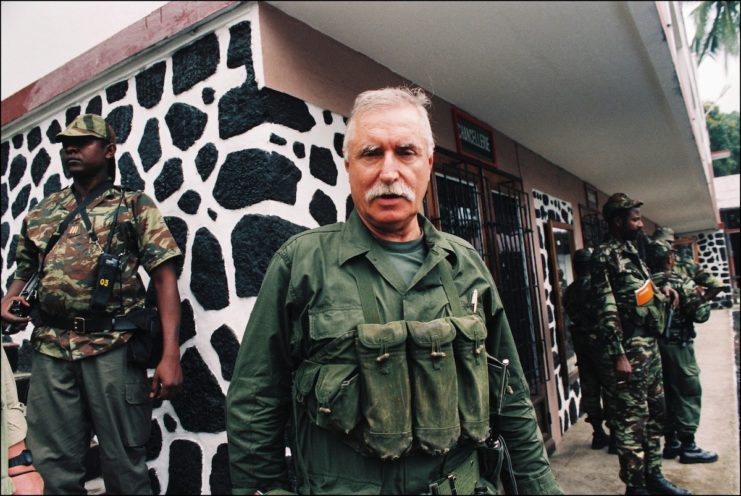
While Denard claimed Abdullah was shot by his own bodyguard after a failed assassination attempt, others believe he was killed in a dispute with the mercenary’s men. Regardless, the murder caused several weeks of unrest, leading the French military to send 3,000 men to take control from the mercenary forces. Denard managed to escape to South Africa before he could be apprehended.
The 1995 Comoros coup
Bob Denard remained in South Africa until 1993, when he returned to France to face charges over his actions in Benin.
In September 1995, he and his troops made one final attempt to gain control of Comoros, attacking then-President Saïd Mohamed Djohar, the former Head of the Coromos Supreme Court. France sent an expeditionary force to Comoros to capture the mercenaries after receiving advanced notice of the coup.
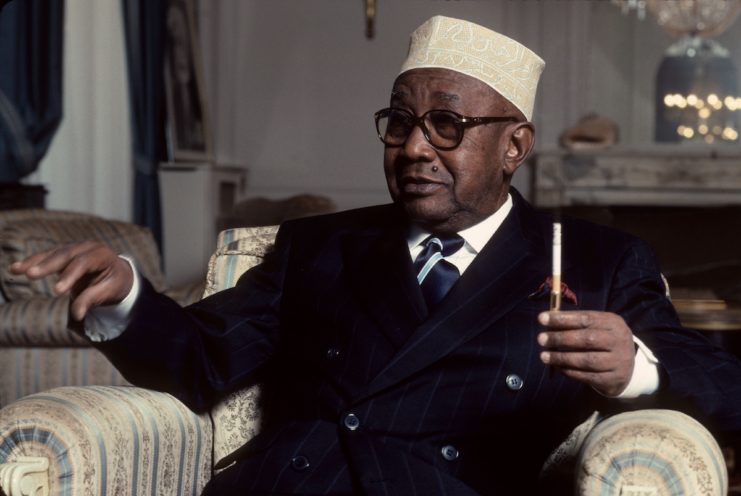
The group’s surrender was peaceful, without a single shot fired. Denard was brought back to France by members of the French Directorate-General for External Security (DGSE) and served 10 months.
A mercenary is brought before the courts
Along with the convictions he faced for the failed Benin coup, Bob Denard was charged for his actions in Comoros. In 1999, he and his lieutenant were brought before the courts for the murder of Abdullah.
The prosecution’s argument was that Abdullah had been killed in a fake attack on his palace because he wished to remove Denard from his role with the Presidential Guard. Just before the trial was set to begin, Abdullah’s family withdrew their suit and the pair were acquitted for a lack of evidence.
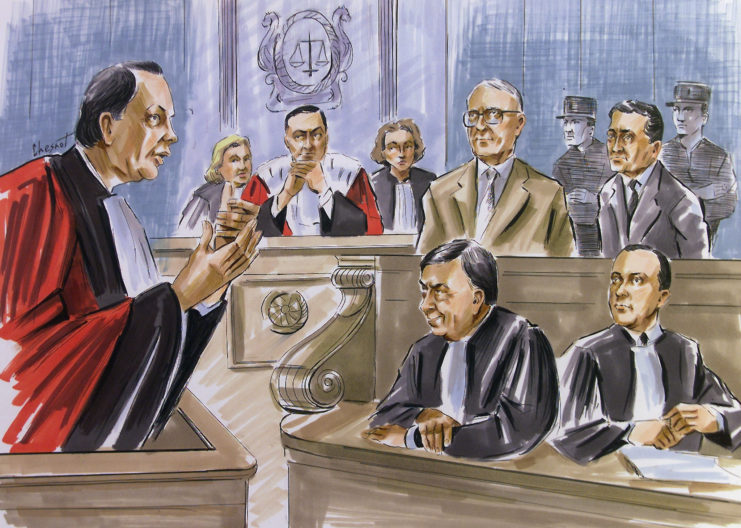
Two years later, Denard was charged by the Italian Attorney of Verona for attempting to recruit mercenaries in the country’s far-right movement. This was alleged to have been for an attempted coup against Comoros’ leader, Azali Assoumani.
Denard’s final court battle occurred in 2006, when he was charged for the coup against Djohar. The prosecution requested a five-year sentence, while his accomplices faced terms of one to five years. He was found guilty of “belonging to a gang who conspired to commit a crime” and given a five-year suspended sentence.
Bob Denard’s final days
Bob Denard, suffering from Alzheimer’s, appealed his conviction. His sentence was changed to four years in prison, with three suspended. He never ended up serving any jail time, however, due to his failing health.
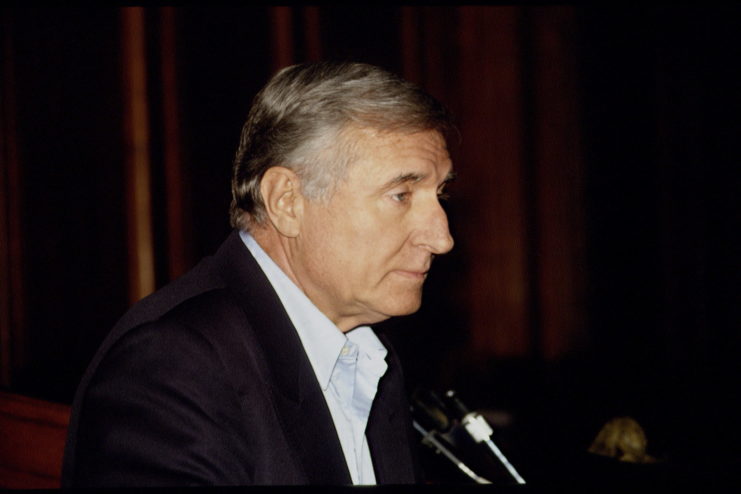
More from us: Starlet Turned Spy: The Double-Life Of Josephine Baker
In October 2007, Denard’s sister announced he’d passed away at the age of 78. He was a man who went to extreme lengths to obtain fortune and gain power over France’s former colonies. During his time as a mercenary, he ran missions in Iran, Morocco, Gabon, Angola and Yemen under the self-appointed moniker, the “Pirate of the Republic.”
While he often claimed support from the French government, officials deny such claims and condemn his actions, looking to improve their post-colonial image.
